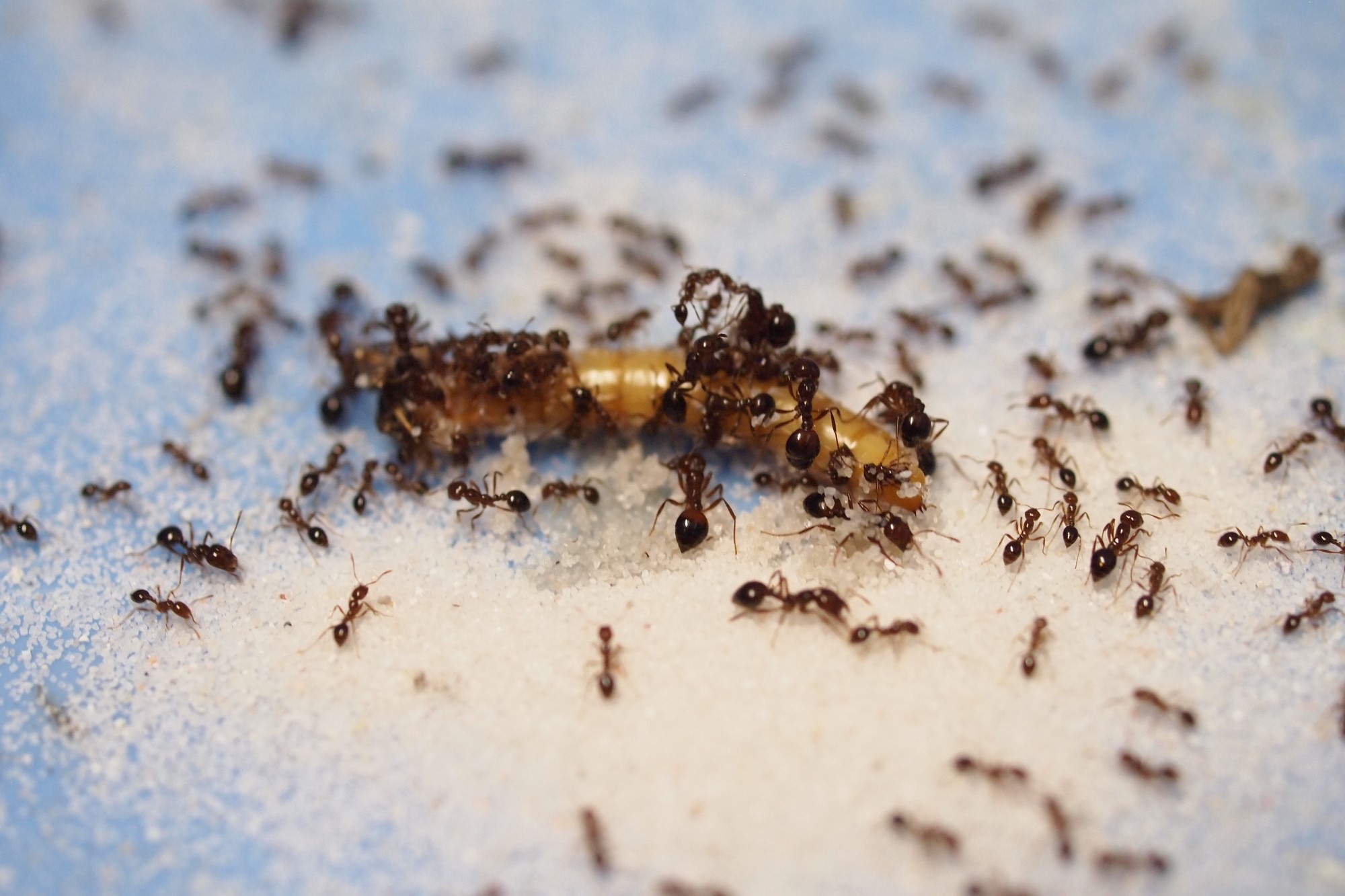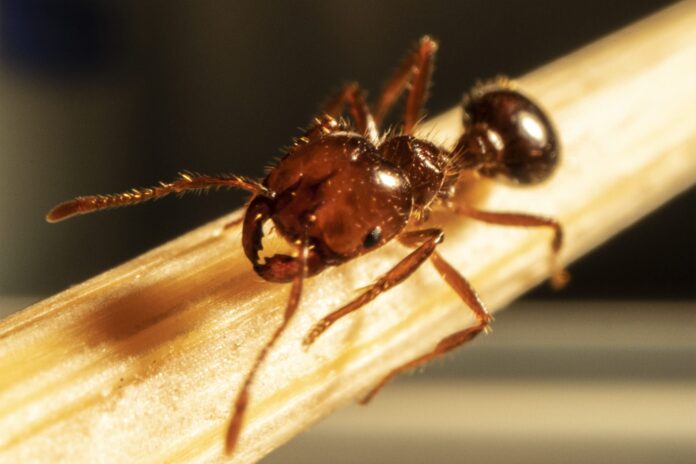Recalcitrant property owners who refuse to comply with mandatory treatment for fire ants could face the full force of the law, as police are called in.
A lock-the-gate style campaign is underway by some Queensland landholders who don’t want baits spread on their properties.
But the national eradication program says the super pest will only be defeated if all at-risk properties are treated with safe, low-dose chemical baits.
Police will now join eradication officers to ensure they gain access to properties held by “a small number” of obstructive landholders.
“These actions follow prior attempts to work with these landholders and are now necessary to protect our community and prevent the spread of fire ants,” Queensland Police said in a statement on Wednesday.
“The program has made every reasonable effort to notify and co-operate with property owners and tenants, offering them the opportunity to have their properties treated at a time that suits them.”
Do you have an opinion to share? Submit a Letter to the Editor at Sunshine Coast News via news@sunshinecoastnews.com.au. You must include your name and suburb.
In July, 13 nests were found within the Aura suburbs of Nirimba and Banya, and three nests were discovered at Currimundi.
Property owners have no legal right to refuse access but in southeast Queensland signs have been appearing on gates and fences, proclaiming: “We do not consent to the poisoning of us, our properties, pets, livestock, wildlife and eco-systems.”
Some landholders have been warned they could be fined more than $14,000.

The program said there’d been an increase in physical and psychological harassment and intimidation of treatment teams, in person and online.
A Facebook forum, titled Stop the Toxic Fireants Program, has more than 4000 followers and features posts urging objectors to confront baiting program officers.
Posts have named and provided social media links for public servants working on the program. Others featured footage of residents challenging workers, with some facing verbal abuse and accusations of trespass.
The eradication program is spreading baits over all properties in the target area.
The baits are tiny pieces of corn grit soaked in soybean oil containing a low concentration of an insect growth regulator.
The two chemicals – either pyriproxyfen or S-methoprene – are commonly used in household and agricultural pest control products but the baits contain much lower concentrations.
Australia’s pesticides regulator says the fire ant treatments pose no significant risk to people, animals or the environment.
Authorities have warned fire ants could spread across the country if eradication fails, with grave economic and environmental consequences.
Fire ants attack crops and livestock and swarm and kill native species.
Their painful stings can be fatal for humans. They eat electrical infrastructure and can render backyards and sports grounds useless.
Australia could lose 2.8 per cent of its GDP to fire ants, biosecurity analysts told a recent Senate inquiry.
Help us deliver more news by registering for our FREE daily news feed. All it requires is your email at the bottom of this article.





